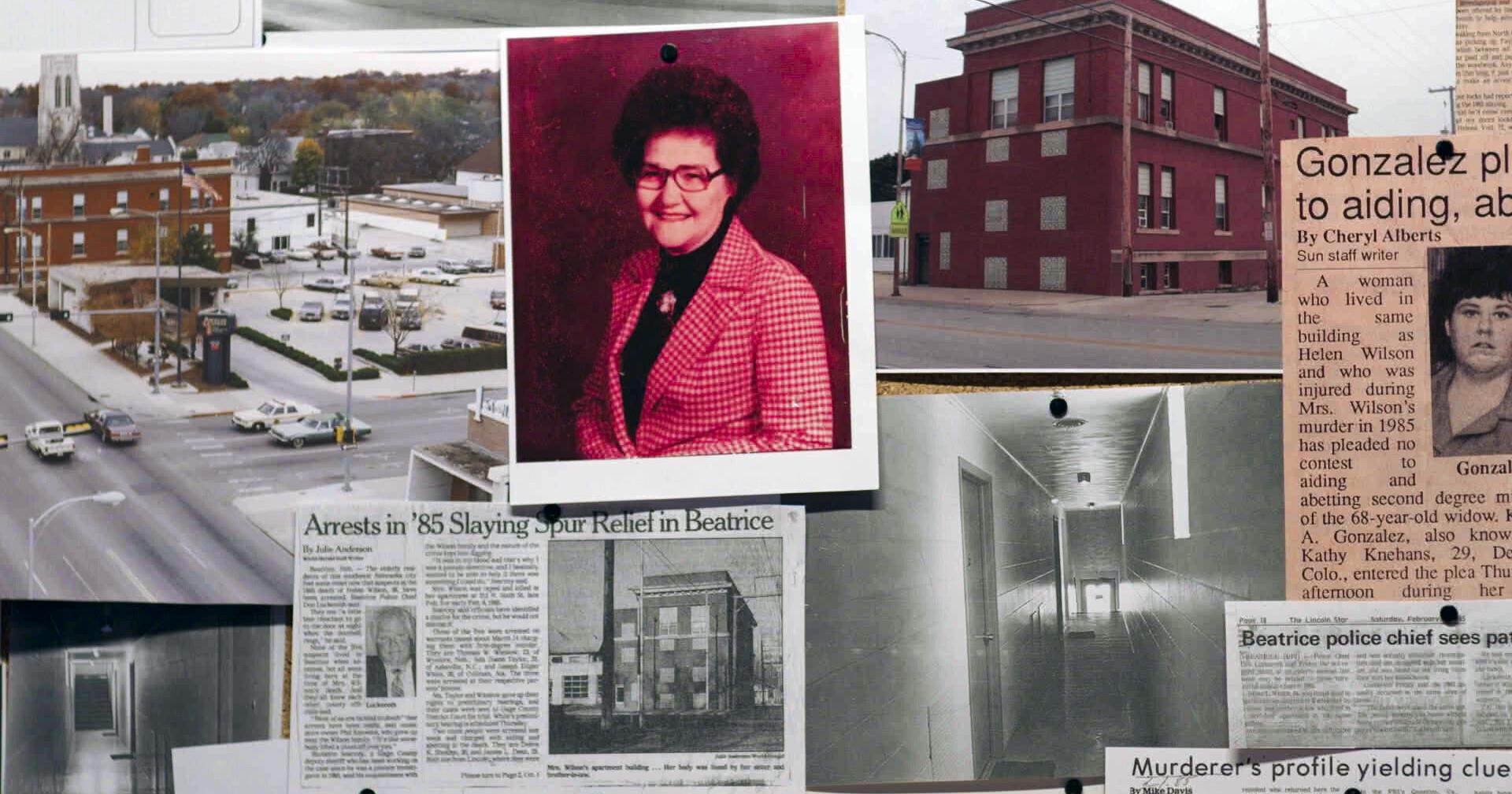
WarHorse Casino should be open this month, just in time for the NFL and college football seasons.
However, even though sports betting was approved by voters in the 2020 referendum that established casino gambling in Nebraska, you won’t be able to place a wager on any game at the state’s first-to-open casino anytime soon.
That’s because the rule-making process for sports betting is only in its initial stages, largely because the Nebraska Legislature did not authorize mobile sports betting, choosing instead to require that all sports betting occur in person at Nebraska casinos
Because of that requirement, the Nebraska Racing and Gaming Commission sensibly chose to first craft the rules and regulations for casinos and get the casinos, which must be operated in conjunction with a horse racing track, authorized and on the way to opening before beginning work on sports betting.
People are also reading…
While it disappoints those who hoped to begin wagering on sports the day casinos opened, the commission’s decision was wise – for two reasons.
First, it will allow the commission to closely monitor the casinos as they open, assuring that they will be properly and smoothly operated. Second, in that process, lessons that can be applied to sports betting will almost certainly be learned by casino operators and the commission.
Plans are to bring proposed rules for sports betting, which have been created and are being reviewed by the industry, before the commission at an Oct. 21 public hearing. If approved then, as is likely, sports betting still won’t be available in the state until early 2023.
It took about five months for casino rules to be approved by the governor after the Racing and Gaming Commission voted on them in December. If the process takes the same amount of time, that would mean sports betting rules could be in place by March or April of next year.
That would miss the entire 2022-23 football seasons for NFL and colleges. But it would provide sufficient time for the Legislature to reconsider the ban on mobile sports betting.
That wagering, which is permitted in 21 of the 30 states that have sports betting, would, without question, increase the amount of money bet and thereby the tax revenue to the state and make sports betting equally available to all Nebraskans, especially those in the Panhandle who will be hundreds of miles from the nearest casino.
Even if the Legislature chooses not to take up sports betting in its session that begins in January, the wait for sports betting – about 2 ½ years after it was approved by voters – is reasonable and should help create the best environment for casino gambling to begin operating in the state before a single legal bet on a game can be placed.